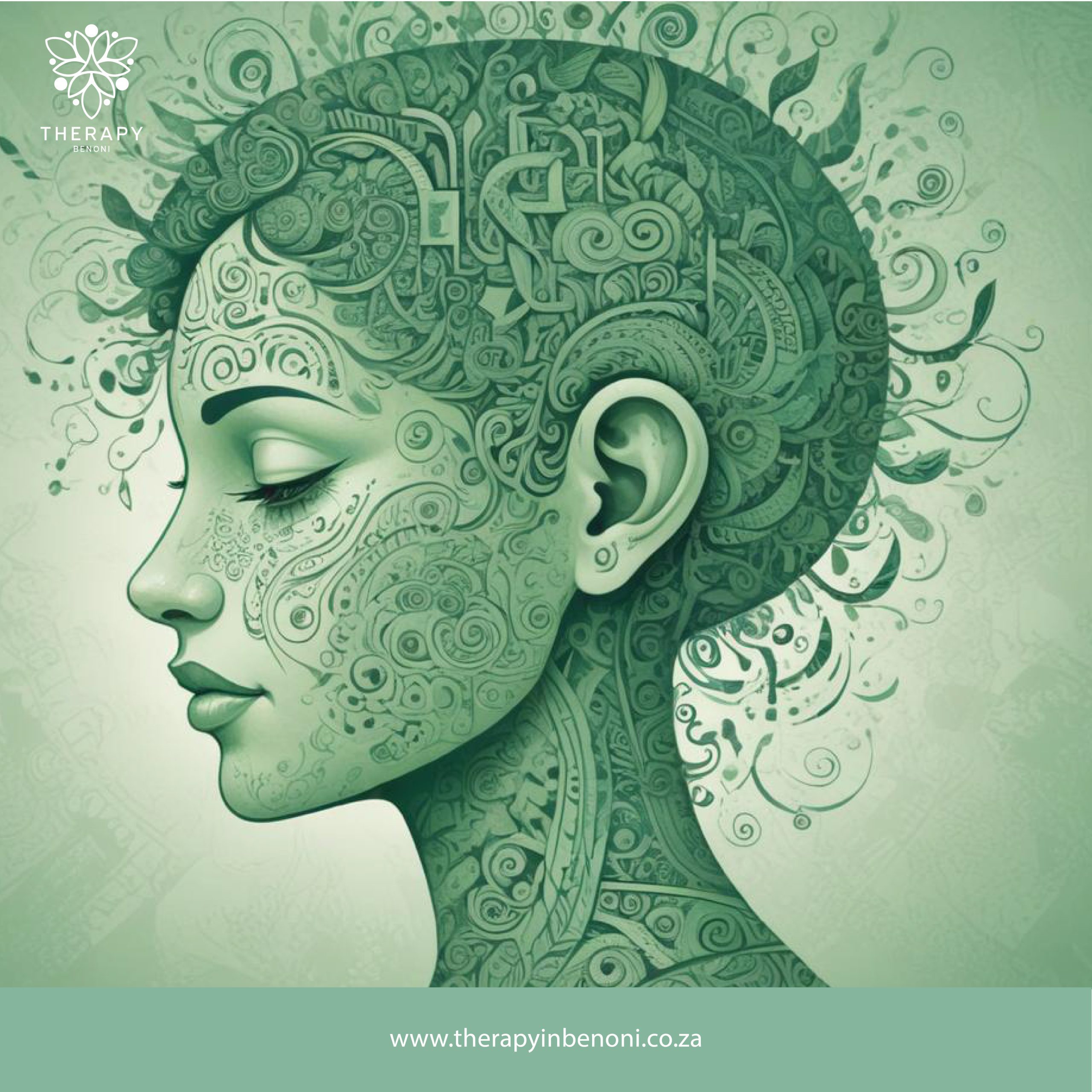CBT for Child Anxiety in Boksburg: How It Works
Cognitive Behavioral Therapy (CBT) for Child Anxiety in Boksburg
Introduction to CBT for Child Anxiety
Cognitive Behavioral Therapy (CBT) is a proven, effective method for treating anxiety in children in Boksburg. By focusing on changing negative thought patterns, CBT helps children develop coping strategies that reduce anxiety and improve emotional regulation.

How CBT Addresses Anxiety
CBT works by identifying and challenging irrational or harmful thoughts that contribute to anxiety. Through techniques like cognitive restructuring, children learn to view situations more realistically and respond to them with less fear.

Techniques Used in CBT
Key CBT techniques include exposure therapy, relaxation training, and role-playing. These methods help children face their fears, practice relaxation in anxiety-inducing situations, and build confidence in handling challenging scenarios.
Benefits of CBT for Children
CBT provides children with tools to manage anxiety not just during therapy, but throughout their lives. Benefits include improved self-esteem, enhanced social skills, and better academic performance as they apply new cognitive skills.
Role of Parents in CBT
Parental involvement in CBT is crucial for reinforcing learning. Therapists in Boksburg often provide training for parents to support their children’s therapy at home, including strategies to maintain a calm and structured environment.


Case Studies of CBT Success
Real-life case studies of children who have successfully undergone CBT in Boksburg demonstrate its effectiveness. These stories provide tangible examples of how changing thought patterns can significantly reduce child anxiety.
CBT in Schools
Real-life case studies of children who have successfully undergone CBT in Boksburg demonstrate its effectiveness. These stories provide tangible examples of how changing thought patterns can significantly reduce child anxiety.

Addressing Specific Phobias
CBT is particularly effective in treating specific phobias in children. By gradually exposing children to their fears in a controlled manner, they learn to overcome their anxiety and react more calmly in future situations.
Long-Term Impact of CBT
The long-term impact of CBT on child anxiety includes sustained reductions in anxiety levels and improved coping mechanisms. These lasting benefits help children become well-adjusted adults with effective strategies for dealing with stress.


Integrating Mindfulness with CBT
Combining CBT with mindfulness techniques can enhance the therapy’s effectiveness. Mindfulness practices help children stay present and engaged during CBT, increasing their awareness and control overanxious thoughts.
Adapting CBT for Younger Children
Adapting CBT techniques for younger children involves using simpler language and fun activities. These adaptations make the therapy accessible and effective for children of all ages, ensuring that even the youngest can benefit.

Challenges in Implementing CBT
While CBT is highly effective, there are challenges such as child resistance or misunderstanding of techniques. Boksburg therapists are trained to handle these challenges, ensuring that therapy progresses smoothly for each child.
Training for Therapists
Ongoing training for therapists in the latest CBT techniques is essential to maintain high standards of care. Boksburg offers continuing education programs to ensure therapists are well-equipped to provide the best support to children with anxiety.

Community Outreach Programs
Community outreach programs in Boksburg raise awareness about the benefits of CBT for child anxiety. These programs help destigmatize mental health treatment and encourage families to seek help early.

Digital Resources for CBT
Digital resources, such as apps and online modules, supplement traditional CBT methods. These resources provide interactive ways for children to practice CBT techniques at their own pace and comfort level.
Feedback and Evaluation in CBT
Regular feedback and evaluation are integral to the CBT process. This feedback helps therapists tailor interventions to each child’s progress, making adjustments as needed to optimize therapy outcomes.
Future Directions in CBT Research
Future research in CBT aims to optimize and personalize treatments for child anxiety. Innovations are continually being explored in Boksburg, enhancing the therapy’s effectiveness and accessibility to all children in need.
